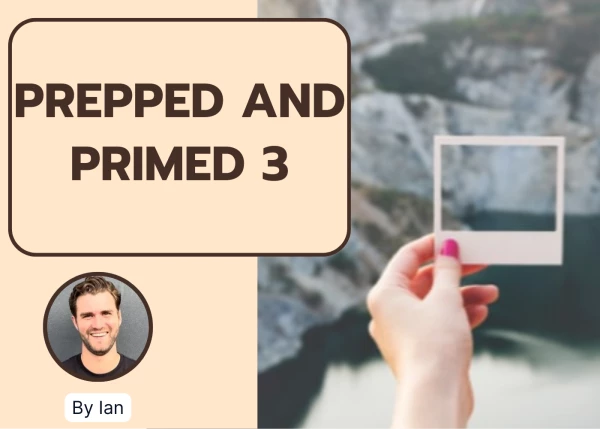Hi there!
Has anyone some SKP practice cases to train with? I learnt they are more specialized in pricing and "Top Line" consulting, so maybe they are mostly different than ones I find here on PrepLounge!
Thank to who will respond.
Hi there!
Has anyone some SKP practice cases to train with? I learnt they are more specialized in pricing and "Top Line" consulting, so maybe they are mostly different than ones I find here on PrepLounge!
Thank to who will respond.


Hi Domenico,
First, congratulations on the interview and good luck!
Pricing Thought Process
1. Value-based or Willingness to Pay
When: This is your top choice.
How: Find a $ value for what customers would pay. This is normally adding the revenue increase and/or cost reduction that your customers get by buying your product/service. If it's more of a utility/happiness product, then customer surveys of product comparisons serve well as well.
Then, charge a discounted amount of that WTP, based on your eagerness/desire to capture market share.
2. Benchmarking
When: This is what you have to do if there's competition
How: See what price your competition charges!
3. Cost-based
When: This is what you do if you can't benchmark (i.e. no competition) AND you can't get a gauge on WTP.
How: Figure out your cost structure. Get the break-even point (i.e. how much you need to price the product at for there for be 0 profit per item sold). Then, charge a % margin on top (normally 10-20%)
---------------------------------------------------
What's the step-by-step logic in pricing?
Question #1: Are there competitors (or is this a new market)?
Q1A: If yes, can I differentiate my product?
If yes, value-based
If no, competitor pricing/benchmarking is eliminated.
Q1B: If no, can I determine the value-add of my product (i.e. if saves x costs or a survey says people will pay x)?
If yes, value-based
If no, cost-based
Summary: If you can, you always want to do value-based. This is the most effective form of pricing. If you have "something" to go off of, you use it, else you use cost-based because you have no other choice.
Value-based occurs if:
1) You are a monopoly
2) You are the first entrant into a market
3) You can differentiate your product from other (I.e. monopolistic competition)
========================================================
I also highly recommend you focus on other case types that revolve around their line of work:
You should also make sure you understand the following industries:

Here is a good PL article on pricing: https://www.preplounge.com/de/bootcamp.php/case-cracking-toolbox/identify-your-case-type/pricing
Definitely read up on the typical pricing theoretical basics (e.g. elasticities, elastic/inelastic demand etc)
Dont have specific SKP cases on hand, but certainly start making up your own cases, i.e. give yourself case prompts that you can use to then force yourself to structure nicely your approach. Here are some ideas.
How would you structure a project / an approach to come up with:
Pricing of new products
Pricing of commodities vs. specialized chemicals
Pricing of new luxury item from LVMH?
How to evaluate most effective price to enter with already existing product in a new market?
etc etc...

Hi Domenico,
I helped a few people for Simon Kucher and pricing is definitely common as a case question. You should be familiar with both:
A common sector they focus on is healthcare, so I would definitely review pricing cases related to that.
If you need more help, please feel free to PM me, I know a few real questions they asked.
Best,
Francesco

Hi, I confirm it is important to focus on pricing cases, without losing the ability to solve any other type of cases and especially market sizing. Beyond PL cases, I appreciate working with top business school libraries. Feel free to text me for sharing
Best,
Antonello

Hey Domenico!
Check out this tred, might probably help as well: https://www.preplounge.com/en/consulting-forum/simon-kucher-practice-cases-32
Otherwise, stick to the pieces of advice mentioned by colleagues.
If you have any doubts or questions - don’t hesitate to message me!
GB


